By George Altawil July 15, 2025
As artificial intelligence and automation rapidly transform industries, students preparing for their careers must develop a new mix of technical expertise and human skills. The World Economic Forum’s Future of Jobs Report 2025 predicts that nearly 39% of core workplace skills will shift by 2030 as employers seek talent that can adapt to technological change (World Economic Forum). Understanding these shifts now will help today’s learners prepare for success in tomorrow’s job market.
In this new environment, technical fluency is critical. Skills in AI, big data, networking, and cybersecurity top the list of fastest-growing competencies employers seek (LinkedIn). Software developer roles alone are projected to grow more than 20% by 2030, reflecting an economy increasingly driven by data and technology.
Yet technical skills alone won’t be enough. As automation handles more routine tasks, employers are placing greater value on human-centric capabilities like problem-solving, creativity, and critical thinking. MIT Sloan Management Review explains that these are precisely the areas where humans maintain an advantage over machines, describing them as “the enduring capabilities that complement AI’s shortcomings” (MIT Sloan).
Emotional intelligence is also rising in importance. A recent article from The Economic Times notes that empathy, communication, and relationship-building remain uniquely human attributes and are increasingly recognized as career differentiators in a world of algorithms and automation (The Economic Times). As one expert put it, “AI can’t replicate empathy—it’s a skill that sets us apart and allows us to lead.”
In addition, adaptability and lifelong learning are crucial as industries continue to evolve. Zerodha co-founder Nikhil Kamath recently warned that “the days of four-year college courses as a one-time ticket to employment are over” and stressed that the most important skill in the next 10 years will be continuous learning (Times of India).
While AI will reshape many jobs, research suggests it will more often augment human work than replace it. MIT researchers report that tasks benefiting from resilience, ethics, and judgment—traits uniquely human—will continue to require skilled professionals, even as AI becomes embedded in more workflows (MIT Sloan).
In summary, students preparing for careers over the next decade must go beyond technical training alone. A successful path forward requires digital literacy combined with soft skills like creativity, communication, and leadership, plus a commitment to lifelong learning and adaptability. Those who cultivate this mix of competencies will be well positioned to thrive in an AI-powered future where collaboration between humans and technology defines the next generation of work.
Previous Articles
.png)
CalMU Partners with Edcor to Provide Education Opportunities
CalMU is proud to announce a new partnership with Edcor, giving employees of Edcor-affiliated companies access to high-q...
Read more →
16 Artificial Intelligence Career Paths
Updated July 2025 Artificial intelligence (AI) is transforming industries at an unprecedented pace. In fact, 72% of orga...
Read more →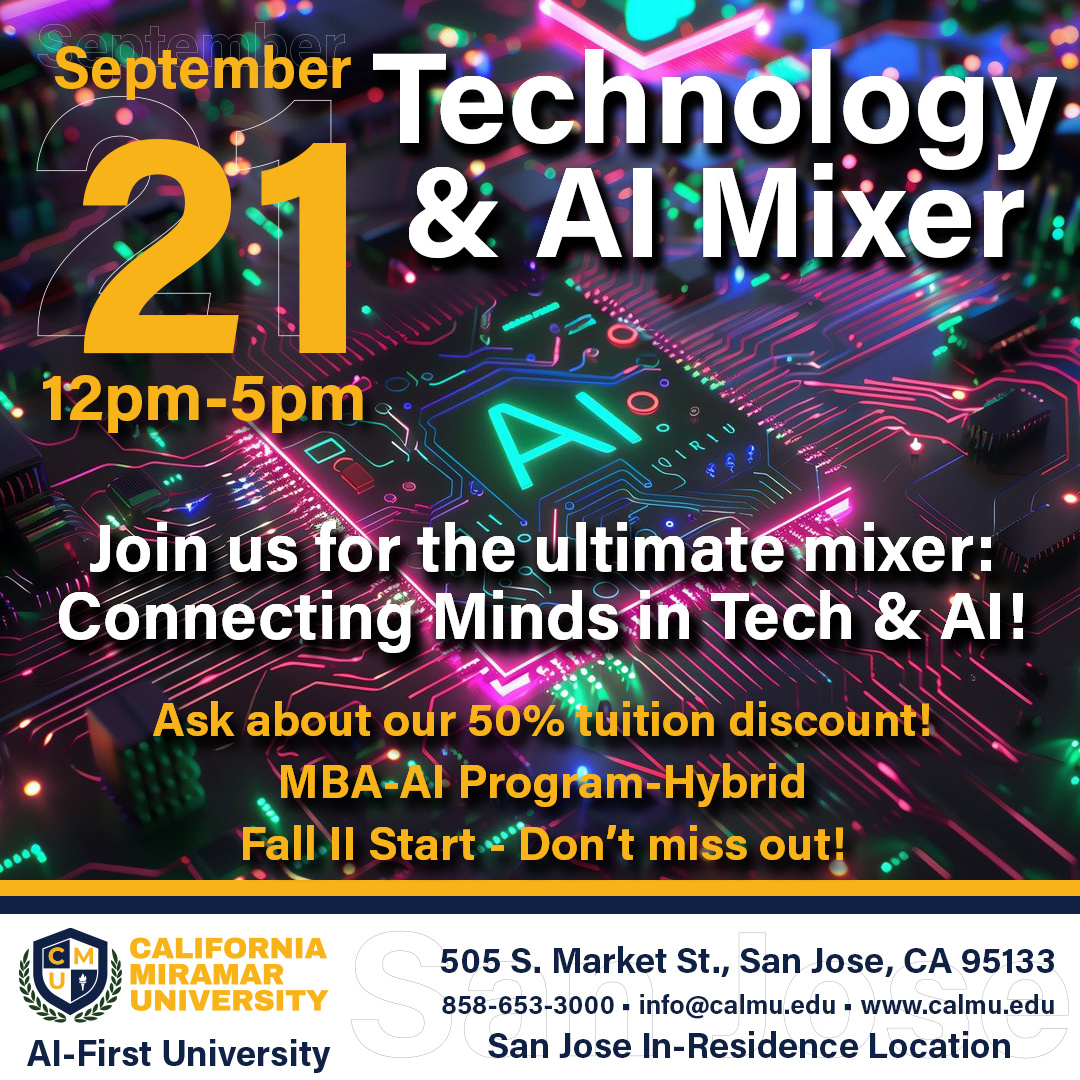
Technology & AI Mixer at CMUSan Jose In-Residence
Join Us for an Exciting Evening at Our San Jose In-Residence Site!
Read more →
Artificial Intelligence in Business: A Look at This Innovative New Technology
Over the past several years, artificial intelligence has gone from speculative science fiction to tools that support us ...
Read more →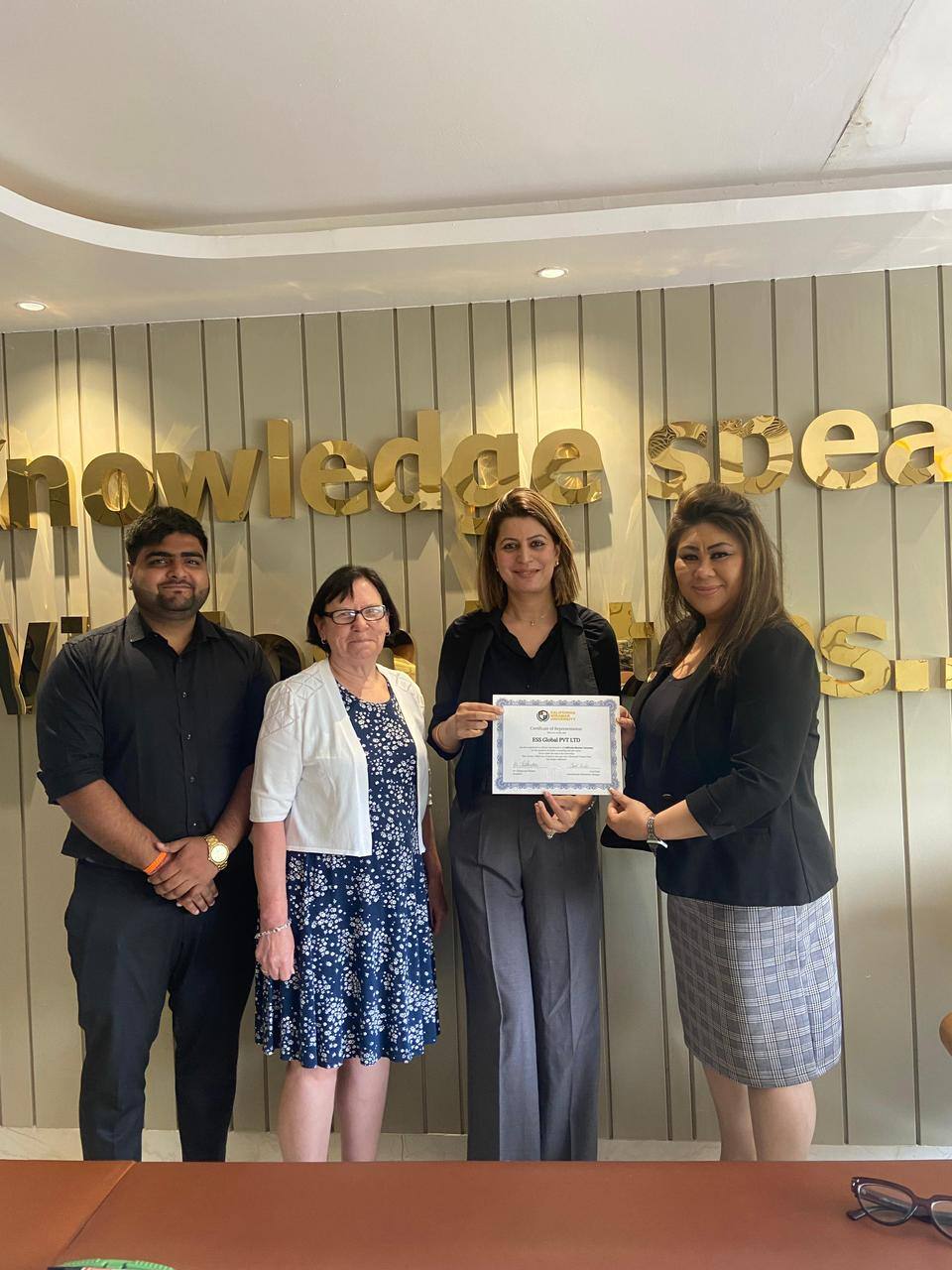
SAVE THE DATE! CMU President's Visit to India on August 28th!
California Miramar University's President Visit to India to announce some great news!
Read more →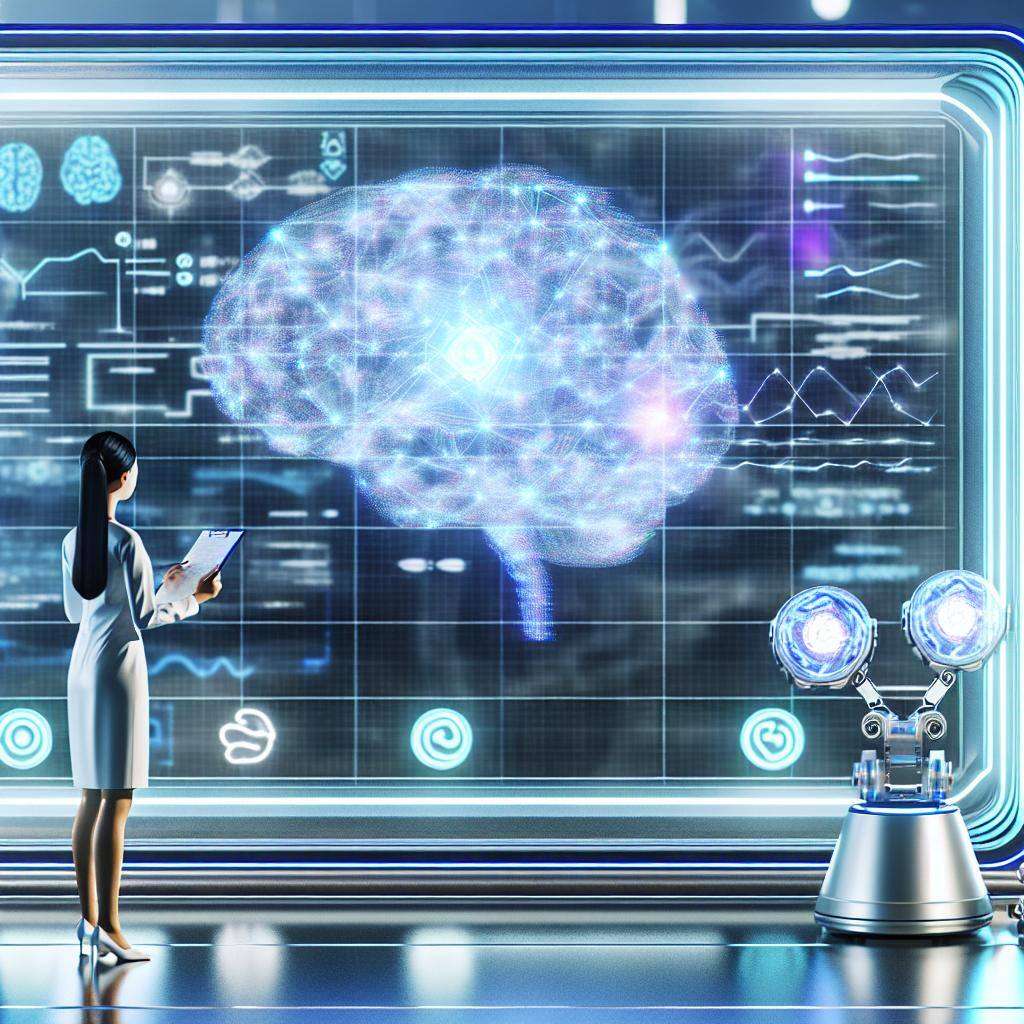
AI Jobs Event at California Miramar University’s San Jose Campus
Join Us for an Exciting Evening at Our San Jose Campus Soft Opening!
Read more →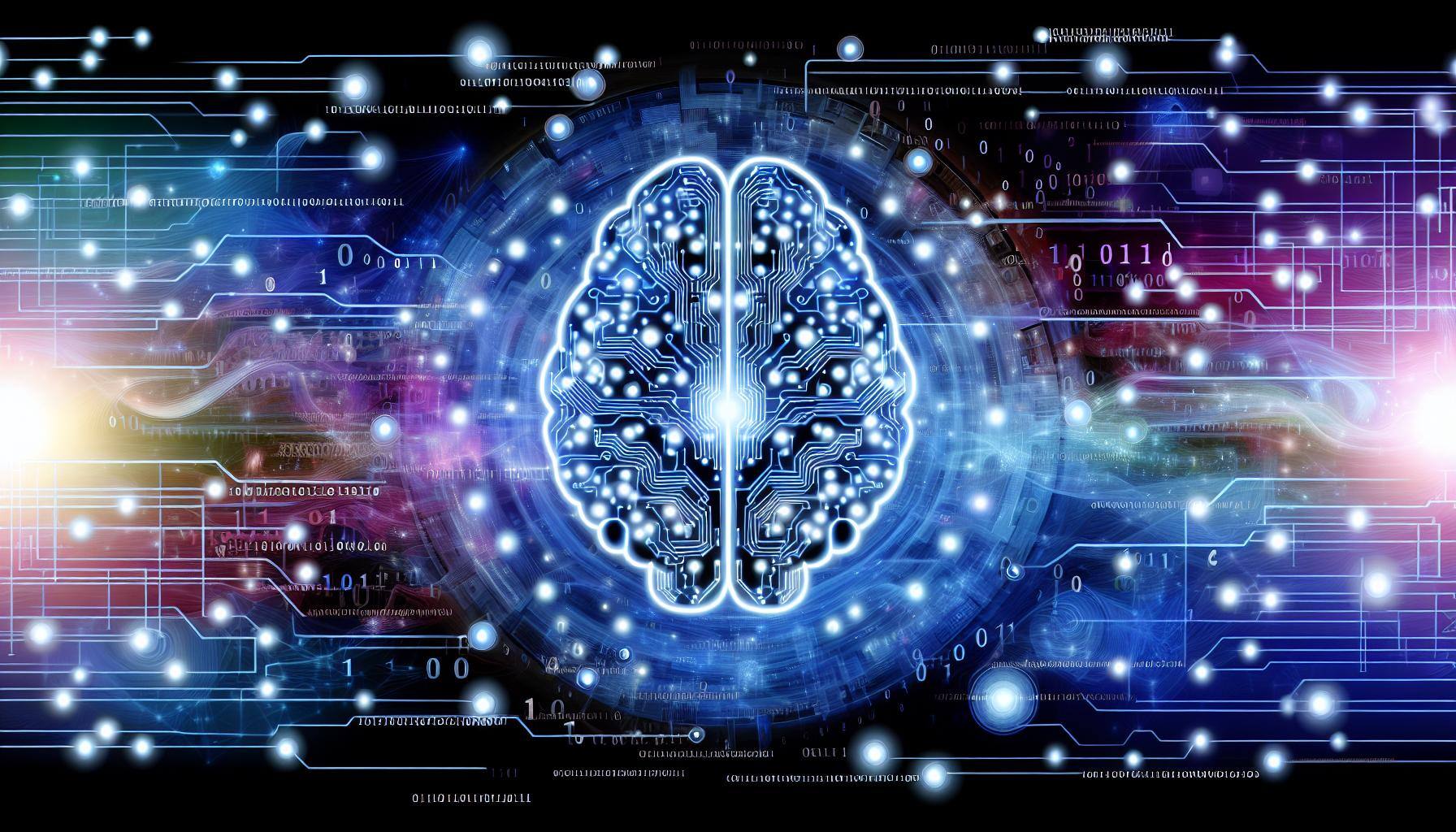
Artificial Intelligence in Education: The Future is Here
Over the past few years, artificial intelligence has gone from a niche technology to one that is accessible to nearly an...
Read more →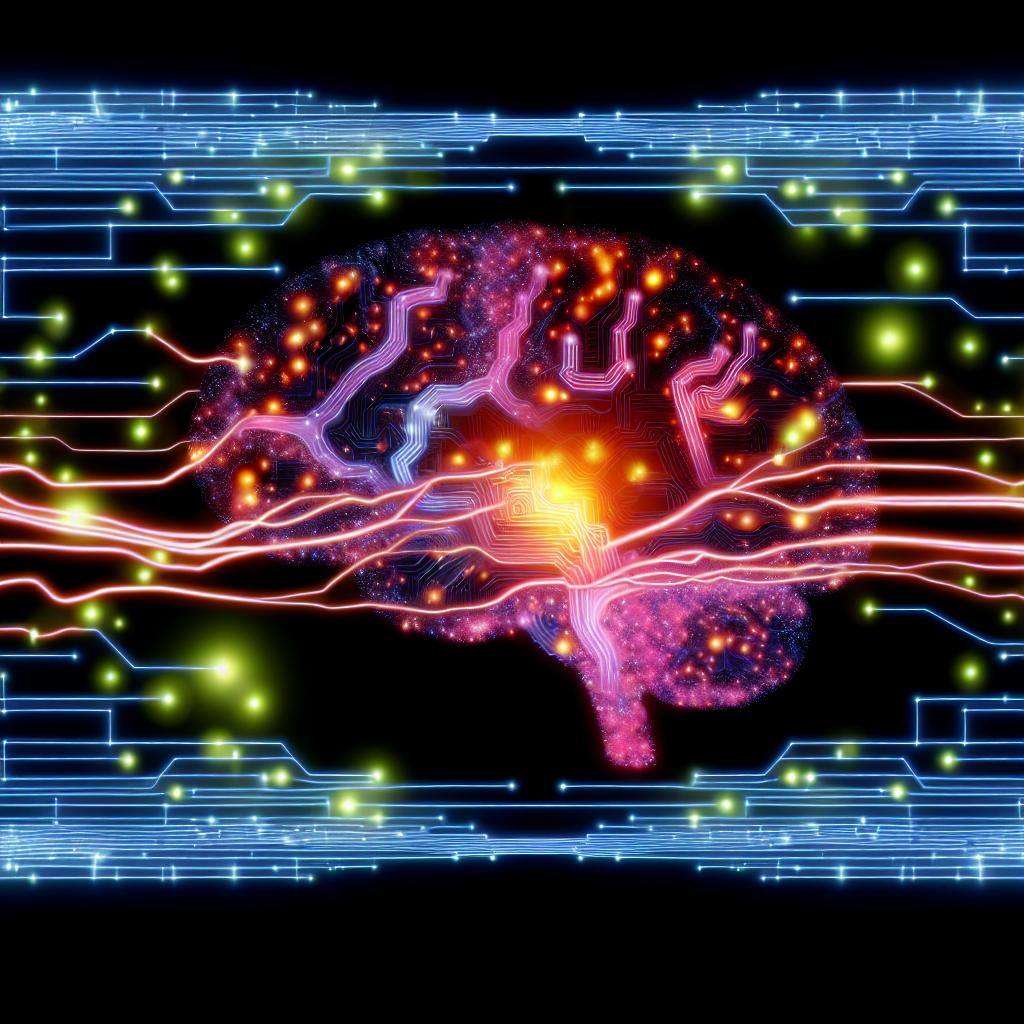
15 Powerful Applications of Artificial Intelligence Across Industries
Updated July 2025 Artificial intelligence (AI) is at an inflection point, with widespread adoption accelerating across i...
Read more →
Business Administration vs. Management: What’s the Difference?
You already know you want a degree in business, but which one should you get? Chances are you’ve heard of two popular bu...
Read more →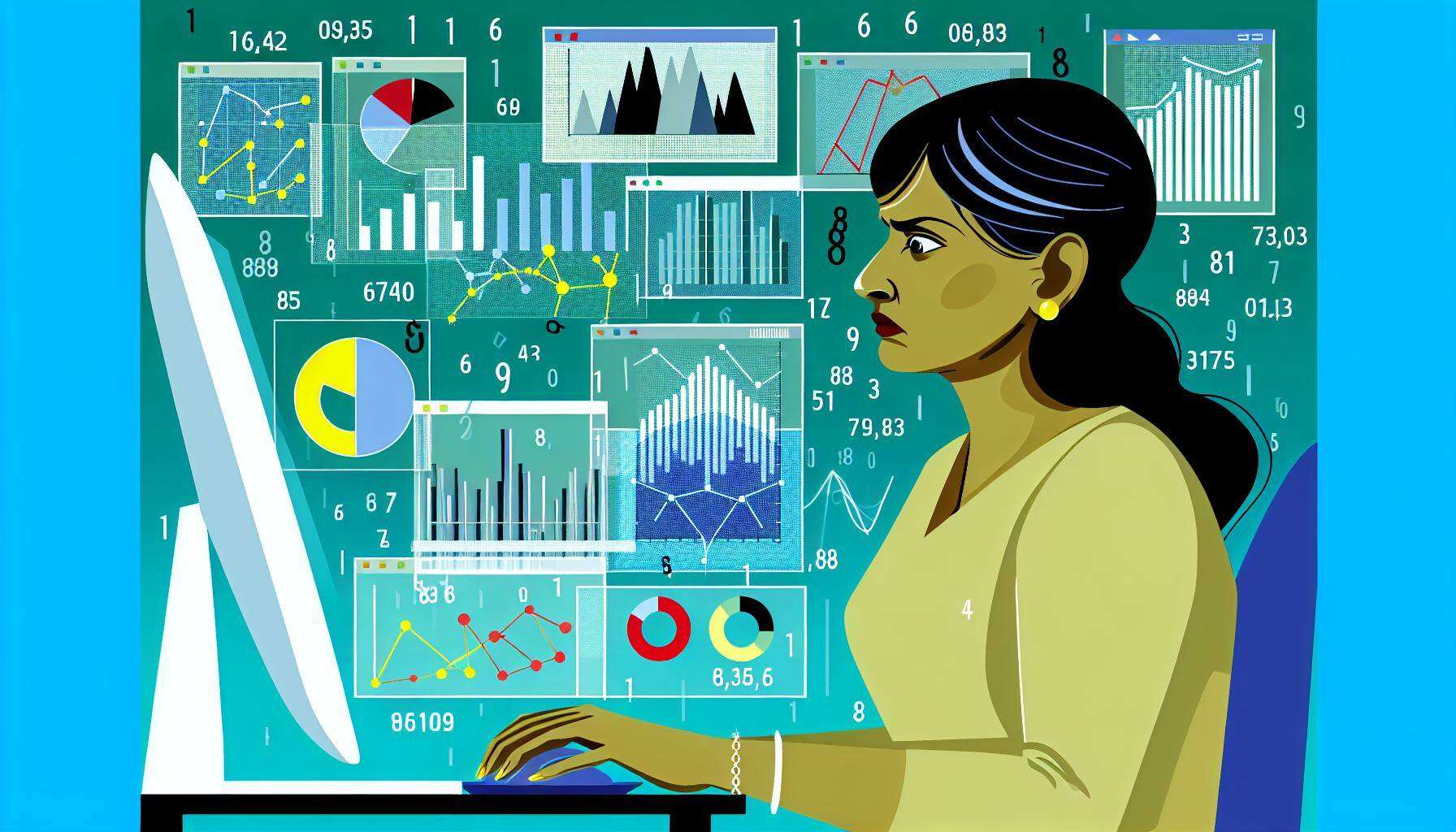
Why Study Data Analytics in Business? Exploring the Career Benefits
Businesses handle vast amounts of data daily, with the average company managing around 163 terabytes (TB) of data. To pu...
Read more →.png?width=2000&height=562&name=%232938d5%20(1).png)